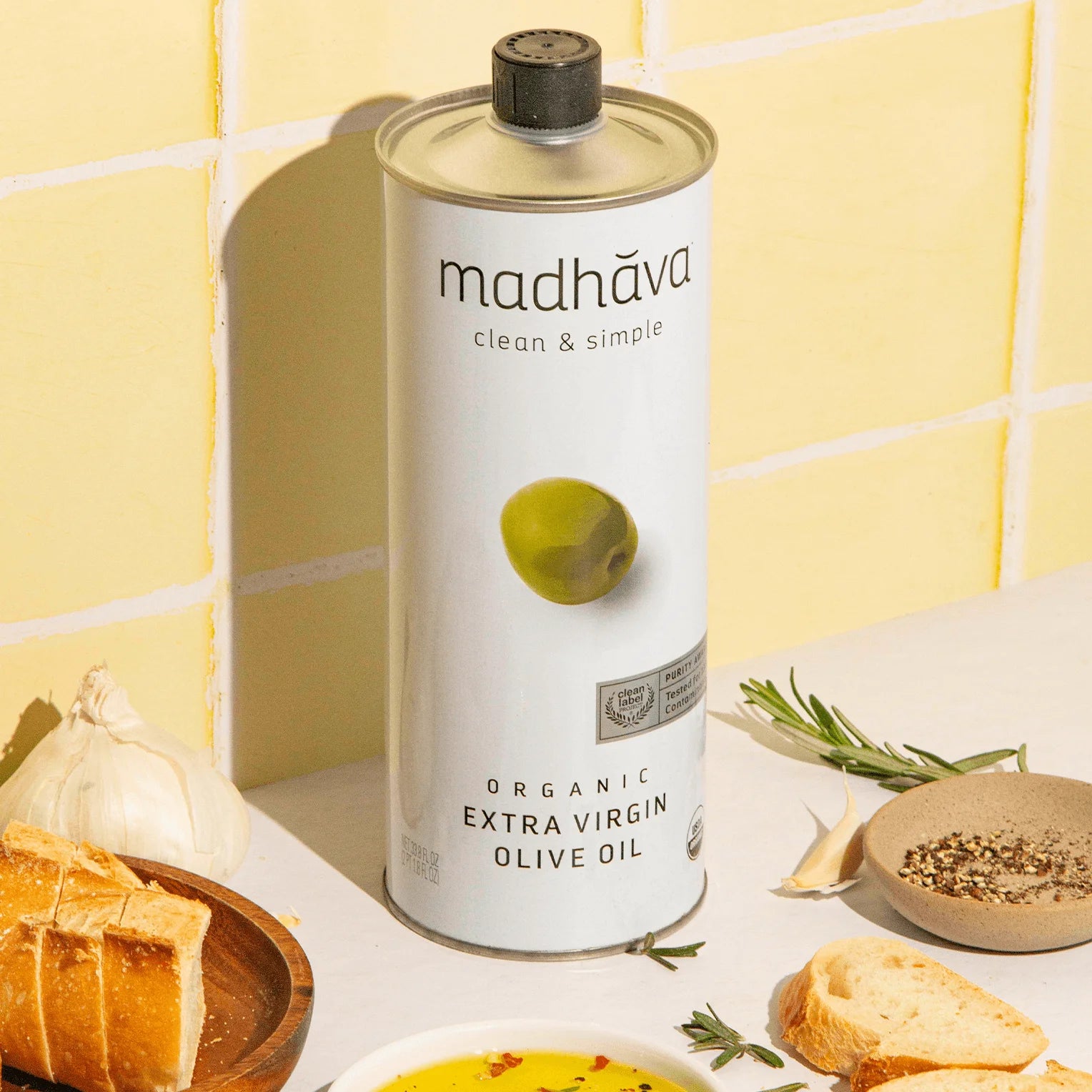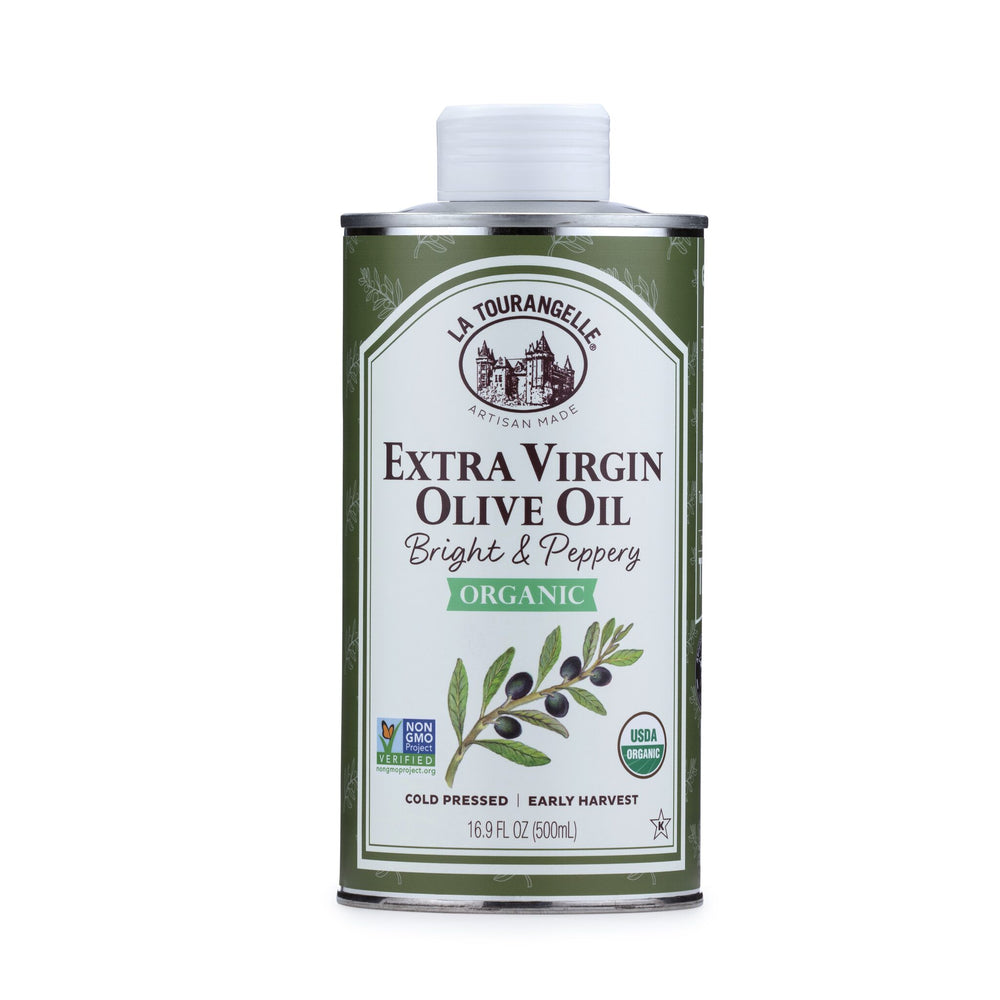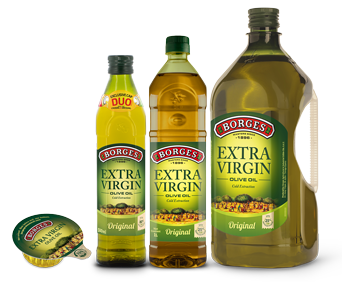Unlock the Hidden Extra Virgin Olive Oil Benefits for Weight Loss
Unlock the Hidden Extra Virgin Olive Oil Benefits for Weight Loss
Blog Article
Discovering the Different Types of Olive Oil and Their Usages, Consisting Of Extra Virgin Olive Oil
The exploration of olive oil incorporates a diverse variety of kinds, each offering unique tastes and culinary applications. Extra virgin olive oil, renowned for its remarkable quality and health and wellness advantages, offers as a staple in numerous kitchen areas, yet it is just one facet of this diverse active ingredient.
What Is Olive Oil?
Stemmed from the fruit of the olive tree, olive oil is a staple in Mediterranean cuisine and a crucial active ingredient in various culinary applications. This flexible oil is generated by pushing entire olives, resulting in a liquid that varies in fragrance, shade, and flavor depending on the kind of olives utilized, the area of farming, and the removal procedure. Olive oil is predominantly composed of monounsaturated fats, particularly oleic acid, which is known for its potential health and wellness benefits, including anti-inflammatory residential properties and cardio assistance.
In enhancement to its cooking usages, olive oil has a lengthy history of application in conventional medicine and skin care, owing to its abundant antioxidant web content (extra virgin olive oil benefits). The oil is often made use of in dressings, marinates, and for cooking techniques such as sautéing and roasting. Its unique flavor profile can enhance the preference of numerous recipes, making it a crucial active ingredient for both home chefs and specialist chefs
Additionally, olive oil is commemorated for its duty in the Mediterranean diet plan, which is related to many wellness advantages. As recognition of these benefits expands, olive oil continues to acquire appeal worldwide as an essential component of a healthy and balanced way of living.
Sorts Of Olive Oil
Recognizing the different kinds of olive oil is necessary for both culinary fanatics and health-conscious customers. Olive oil is identified primarily based upon its removal technique and quality, which substantially affects its wellness, fragrance, and taste advantages.

Light olive oil, despite its name, refers to a lighter taste and not reduced calories. It is suitable for those looking for a more refined preference in dressings and marinates. Additionally, there are flavorful olive oils instilled with herbs, spices, or citrus, which can boost meals without the need for added spices.
Each kind of olive oil serves specific culinary purposes, and comprehending these differences permits consumers to make informed choices that straighten with their cooking designs and wellness goals.
Bonus Virgin Olive Oil
Additional virgin olive oil (EVOO) is widely considered as the finest olive oil readily available, renowned for its abundant flavor and numerous health and wellness benefits. To be categorized as extra virgin, the oil needs to be produced from fresh olives utilizing mechanical procedures, without making use of solvents or too much warm. This thorough technique maintains the oil's natural tastes, anti-oxidants, and healthy fats, causing a product with a reduced level of acidity level of less than 0.8%.
EVOO is bountiful in monounsaturated fats, particularly oleic acid, which is connected to lowered inflammation and boosted heart health. It likewise has polyphenols, powerful antioxidants that might supply protective impacts versus chronic diseases. The taste account of EVOO can differ considerably depending upon the olive selection and region of production, ranging from fruity and verdant to robust and sharp.

Culinary Use Olive Oil

In food preparation, olive oil can be made use of for sautéing, toasting, and cooking, supplying a much healthier choice to butter or other fats. Its high smoke point makes it suitable for numerous cooking techniques, while its anti-oxidants add to a heart-healthy diet regimen. Drizzling olive oil over ended up dishes, such as pasta, fish, or smoked veggies, can elevate tastes and include a touch of sophistication.
Additionally, olive oil plays a considerable role in cooking, where it can change standard fats in recipes for bread and breads, presenting wetness and a subtle preference. It likewise works as a base for infused oils, permitting cooks to explore flavors such as garlic, natural herbs, or chili, additionally broadening its cooking capacity. In general, olive oil's versatility makes it indispensable in both home and specialist kitchen areas.
Choosing Top Quality Olive Oil
When selecting top quality olive oil, it's vital to consider numerous essential factors that affect the product's fragrance, health and wellness, and taste advantages. Most importantly, go with extra virgin olive oil (EVOO), which is stemmed from the first chilly pushing of olives and includes the highest degree of antioxidants and valuable compounds. Search for oils that are licensed by recognized organizations, as this commonly ensures adherence to strict high quality criteria.
The product packaging also plays a considerable function in maintaining the official site oil's honesty. Choose oils kept in dark glass bottles or tins to secure versus light destruction. Take notice of the additional reading harvest date; fresher oils provide remarkable taste and dietary worth, so pick items that are within 18 months of their harvest.
On top of that, consider the origin of the oil. Top quality olive oils typically originate from certain areas recognized for their distinctive taste accounts, such as Italian, Spanish, or Greek oils. Be mindful of the preference; an excellent top quality olive oil need to have an equilibrium of fruity, bitter, and sharp notes, suggesting its richness and complexity. By evaluating these factors, you can guarantee you are picking the most effective olive oil for your cooking requirements.
Final Thought
In summary, the expedition of various kinds of olive oil reveals unique characteristics and applications, with additional virgin olive oil representing the pinnacle of top quality due to its low level of acidity and high antioxidant content. Recognizing the different ranges of olive oil allows for notified selections in cooking techniques, promoting healthier techniques while enriching the general gastronomic experience.
Acquired from the fruit of the olive tree, olive oil is a staple in Mediterranean cuisine and a crucial ingredient in various cooking applications.The most usual types of olive oil consist of improved olive oil, pure olive oil, and light olive oil.Extra virgin olive oil (EVOO) is commonly pertained to as the highest high quality olive oil readily available, celebrated for its rich taste and countless health benefits. Choose for added virgin olive oil (EVOO), which is derived from the very first chilly pushing of olives and has the highest levels of antioxidants and helpful substances.In recap, the exploration of various types of olive oil exposes unique features and applications, with added virgin olive oil representing the pinnacle of quality due to its low acidity and high antioxidant material.
Report this page